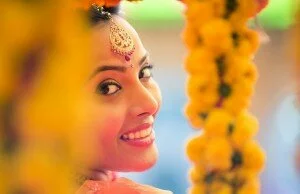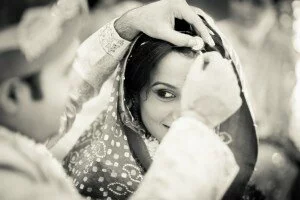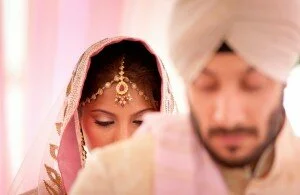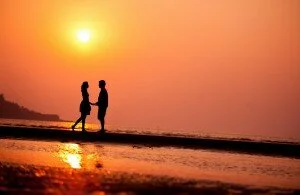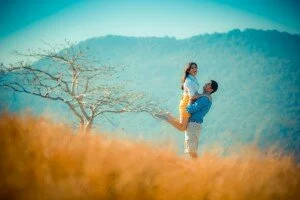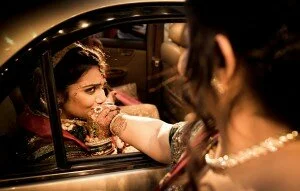So you saw this really awesome picture on facebook that a friend of the third cousin of your fourth best school friend had put up. The picture also had a nifty description of the spanking new DSLR with which it was taken. Suddenly, the long lost/unexplored artist comes to life and you decide its high time you buy yourself .. a DSLR!
If that is the case, this is going to be your definitive 5 minute DSLR buying guide. No fluff, straight to the point and awesome, as always.
WHY BUY DSLR?
Let me play the devil’s advocate here by asking you to reconsider your decision. Why do you really need a DSLR? People will tell you about the absolute advantages of a DSLR but you don’t buy a Ferrari just because its features and specs are awesome (I know the Sheikhs do it, but that is besides the point). Most first time user/photography enthusiasts need a good camera for capturing family and general travel photos. They don’t intend to freeze themselves in mountains trying to get that perfect night shot, or spend 50% of their honeymoon time trying to setup tripods (which btw, is a bad idea).
DSLRs are great cameras, only if you (1) Need very specific kind of pictures (i’ll visit this point shortly) (2) Intend to devote enough time to photography and (3) Have the moolah to support this hobby (DSLRs can be as ridiculously expensive as most latest Iphones, you get the point  )
)
Before listing out the non-DSLR options, lets quickly visit the comparative advantages of buying a DSLR
1. Bigger sensor - Sensor is where all the data shot by a camera gets recorded. Imagine rain drop falling from sky as light. Keeping a bucket and keeping a glass outside, the bucket will gather more water from the same source in same time. Big sensor = Big bucket. Is that better? Yes, if you are willing to exploit that data (aka process pictures in an editing software).
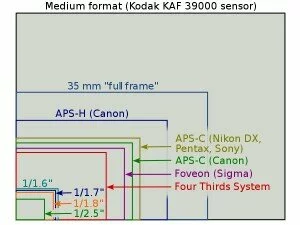
(in the picture above, a full frame DSLR is denoted by “35mm” line, a smaller sensor DSLR is denoted by “APS-H” line, point and shoots are the small rectangles in the bottom left corner)
2. Depth of field - Bigger sensor help in achieving better bokeh
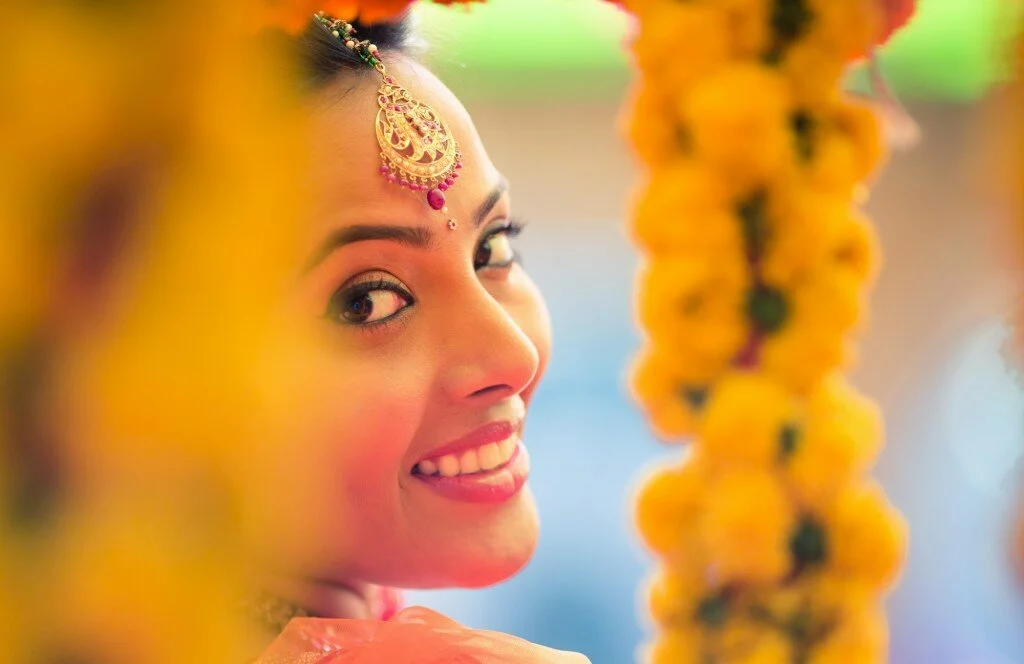
Statutory warning: Its not called ‘blur’ in the background, it called Bokeh. Bow-kay. Bokeh.
Getting into the nitty gritty of the bigger sensor to bokeh correlation might be a science driven turn off in your shopping experience, so we’ll let that fact rest. The take away is, DSLRs come with bigger sensor and sensor size affects bokeh.
3. Specific pictures - One must understand that DSLRs are intended at clicking very special kind of pictures and by special I don’t mean spectacular … I mean
a. Pictures with shallow depth of field – i.e. with lots of .. you got it .. Bokeh 
b. Pictures that contain lot of details – landscape scenes. Remember, large sensor, more details, exploit details.
c. Action/High Speed pictures – the burst rate (number of pictures per second) are usually high for DSLRs compared to other cameras. Although that gap is fast reducing.
d. Night photography – Night photography requires cameras to push their processing power to the limit. DSLRs are the Rocky Balboas of night photography. Enough said 
4. The last advantage – and I don’t see that as a game changer for lot of first time user/enthusiasts is choice of lenses. DSLRs have been around since Bappi Lahari started copying music. Lots of lens choices are available which is not the case with most of the competition. This is however changing as more and more smaller cameras are getting interchangeable lens options.
By now you have enough information on why a DSLR is better. BUTTT, here are some of the reasons you might not want to buy a DSLR
1. Expensive – “With great DSLR comes great lenes” – C’est moi
Surprisingly, lenses can cost 3 to 4 times the DSLR body (don’t ask why, it is conspiracy theory material). If you are investing the time and effort, better be prepared to invest the money as well.
2. Weight – A mid sized DSLR with a mid sized lens can weigh anywhere from 1 to 2 kgs. That is a lot to carry through the day on your honeymoon trip. Think about it 
3. Ease of use – Almost 70% of first time DSLR buyers give up on their cameras because of all the frills of learning how to use the equipment, learning how to do basic editing yada yada
But then, if it the love for photography that got you buying a DSLR .. why stop!
Here is my quick shopping adviser flowchart
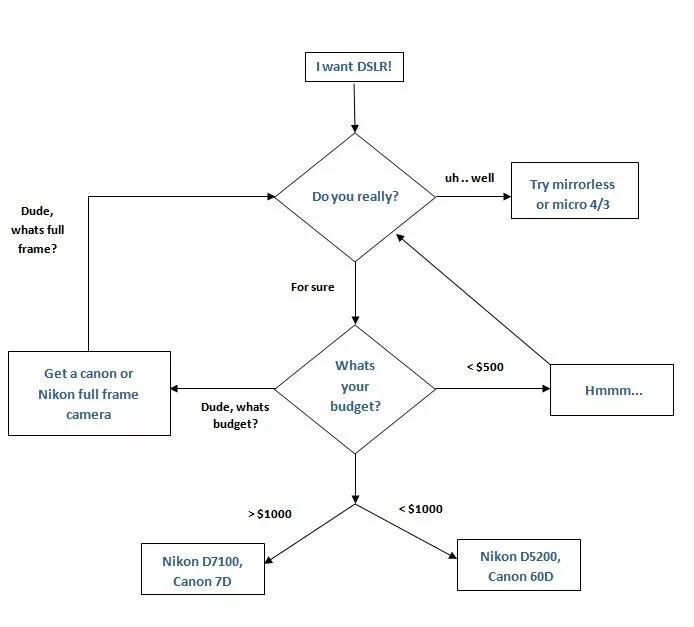
Final words
1. Buy used gear – this bmw commercial explains it all 
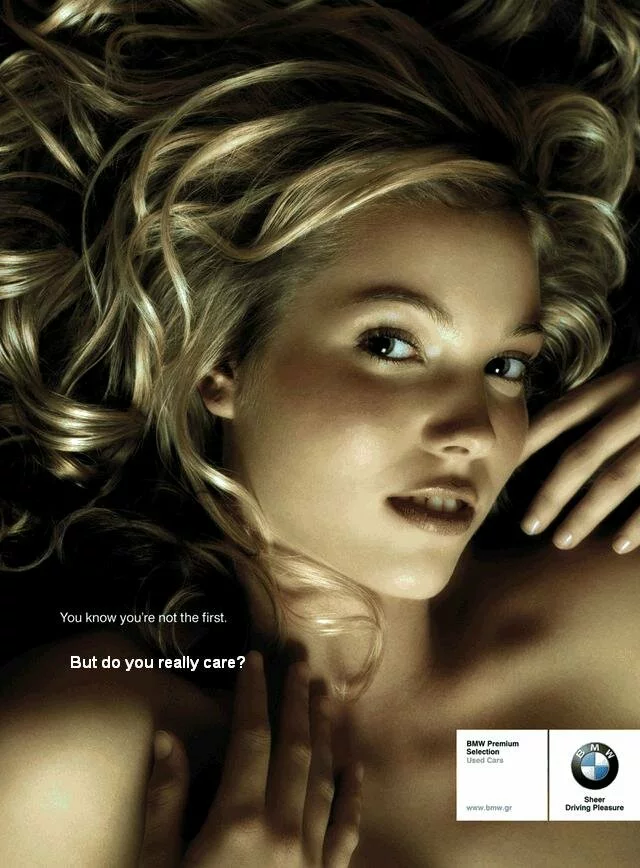
2. Invest more on lenses – A DSLR is only as good as what it sees
3. Spare aside some funds for accessories – bags, filters, tripods etc
I hope you have fun buying your first expensive camera .. DSLR or otherwise!
If you like this post, share and spread the love. Like to see what we do with our DSLRs? Check out at knotinfocus.in or https://www.facebook.com/Knotinfocus
About us: We are contemporary wedding photographers and cinematographers specializing in candid and photojournalistic style of shooting. Two science nerds, foodies, and moment catchers working towards making wonderful memories for you  Get in touch with us at https://www.facebook.com/rathi.iiit and https://www.facebook.com/abhinav.sah
Get in touch with us at https://www.facebook.com/rathi.iiit and https://www.facebook.com/abhinav.sah
Filled Under : Uncategorized



































